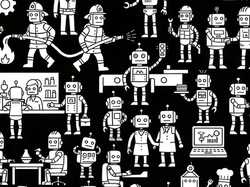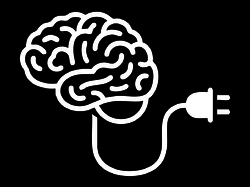How Machines Are Taking Over the World’s Stock Markets
By
Josh Clark
Published Jan 24, 2020
Time magazine interviewed Marcos López de Prado, a specialist in using machine learning for investment and finance. This quote caught my eye:
“Machine learning should be used as a research tool, not as a forecasting tool. It should be used to identify new theories, and once you identify a new theory, you throw the machine away, you don’t want the machine.”
—Marcos López de Prado
A caveat: López de Prado is speaking specifically about machine learning for market predictions, and he notes that markets resist prediction. “Markets evolve,” he said. “You are an investor and when you extract money from the market, the market learns to prevent you from extracting profits next year.”
Still, this resonates with a philosophy that has deepened for me the more I’ve worked with AI and machine learning: machine learning is better at signals than answers.
The first generation of mainstream AI applications has over-dialed on presenting just-the-facts answers. A one-true-answer mentality has created a whole raft of problems, some of them dangerous. Here’s the thing: the machines are flaky, with narrow and literal interpretations of the world. That means they’re brittle for decision-making. Instead of replacing human judgment, AI should amplify it. Machine learning is a mediocre substitute for human judgment and individual agency, but it’s an excellent signal booster for both.
I love the way López de Prado frames it: use the machines to surface patterns, signals, and suggestions to develop a theory for action—and let humans make the decisions from there.





